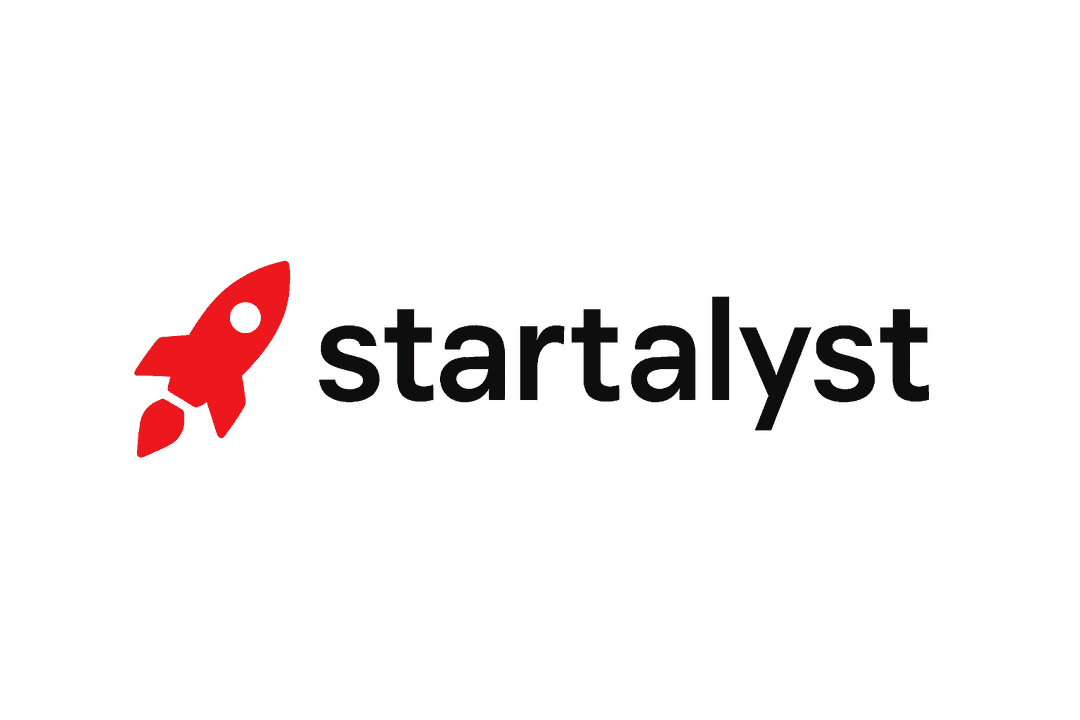Solopreneur Business Ideas Starter Guide
How to Get the Best Results
Start by pairing one clear skill with one clear market; that makes testing solopreneur business ideas faster and cheaper. Pick ideas you can validate in weeks rather than months so you can iterate from real feedback.
Use simple offers — a short coaching package, a one-off service, or a downloadable template — to prove demand before building more complex products. Track one or two metrics like first paid customer or break-even time to decide whether to double down.
Step 1 — Who are you?
Choose the background that most resembles your experience and list the core skill you can monetize immediately.
- Former teacher — Curriculum design — You can package lesson plans and micro-courses that target niche solopreneur business ideas for trainers and coaches.
- Graphic designer — Visual branding — You can offer quick identity kits and templates for solopreneur business ideas that need a professional look on a budget.
- Corporate marketer — Conversion strategy — You can create landing page and funnel audits for small founders testing early offers.
- Software developer — Mini apps — You can build targeted automation tools that solve repeatable pain points for individual entrepreneurs.
- Photographer — Product photography — You can deliver clean images and mockups that increase sales for small online shops and solopreneur business ideas selling physical goods.
- Personal trainer — Program design — You can sell short, specialized coaching plans to clients who prefer one-on-one work with a solopreneur.
- Baker or maker — Product development — You can test pop-up sales and local subscriptions to validate solopreneur business ideas without large inventory.
Step 2 — Add interests & skills
List your interests and adjacent skills so you can match them to market needs when generating solopreneur business ideas.
- Copywriting You can write high-converting product descriptions and landing pages that shorten the sales cycle for solopreneur business ideas.
- Email marketing You can build simple sequences that turn first-time buyers into repeat customers for subscription-style offerings.
- SEO You can create content plans that attract organic traffic for niche solopreneur business ideas over a few months.
- Web development You can launch one-page sites and booking systems quickly to start taking payments for services.
- No-code tools You can assemble workflows and MVPs without heavy engineering costs for early validation.
- Graphic design You can produce templates and social assets that let solopreneur business ideas look polished on day one.
- Social media You can run low-cost creator campaigns to test demand and gather pre-orders.
- Video editing You can produce short promotional clips that increase conversion on social platforms for service offers.
- Teaching You can design bite-sized courses and workshops that appeal to busy learners and generate recurring revenue.
- Public speaking You can run paid webinars and masterclasses that validate higher-ticket coaching or consulting offers.
- E-commerce You can manage listings and fulfillment for small product lines that map to solopreneur business ideas.
- Customer support You can create onboarding flows and FAQs that reduce churn and increase referrals.
- Bookkeeping You can offer monthly bookkeeping packages that appeal to other solopreneurs who want tidy finances.
- Product sourcing You can find low-minimum suppliers and test small inventory runs for handmade or curated product ideas.
Step 3 — Set available capital
Decide how much you can safely invest up front; that will shape whether you start with service offers, minimal product bets, or early paid marketing.
- ≤$200 Focus on service-based offers, digital downloads, and outreach using free channels where you can convert the first customers with minimal spend.
- $200–$1000 Use the budget for a basic website, simple paid ads to validate demand, and small production runs for physical prototypes tied to solopreneur business ideas.
- $1000+ Invest in a proper MVP, branded assets, ads with meaningful reach, or tools that automate delivery so you can scale a tested solopreneur business idea faster.
Step 4 — Choose weekly hours
Pick a realistic weekly time window and match your activities to what you can sustain while testing solopreneur business ideas.
- 5–10 hours/week Prioritize one clear experiment like a lead magnet plus a basic sales page and concentrate on outreach to warm audiences.
- 10–20 hours/week Combine content creation, small paid tests, and handfuls of customer interviews to refine messaging and pricing.
- 20+ hours/week Execute faster iterations, build a minimum viable product, and put more effort toward customer acquisition and partnerships.
Interpreting your results
- After running a few experiments, compare outcomes against simple thresholds: did you get any paid customers, did the cost to acquire a customer stay below your margin, and did the product solve a repeatable problem? Use those answers to decide whether to iterate, pivot, or stop.
- Look at qualitative feedback as much as numbers; short comments from five customers are often more useful than vanity metrics. Turn common objections into an FAQ or a post-purchase tweak and test again.
- Keep experiments short and measurable: set a two- to six-week window with one primary metric like first sale, signups, or booked consultations. If you hit the goal, scale the same channels; if not, change one variable and retest.
- When you see a reliable path to a second and third customer with predictable costs, plan small reinvestments into the fastest-performing channel and consider automating repetitive tasks.
Use the generator above to mix the backgrounds, skills, interests, budget, and hours you selected and produce concrete solopreneur business ideas you can test this week.
